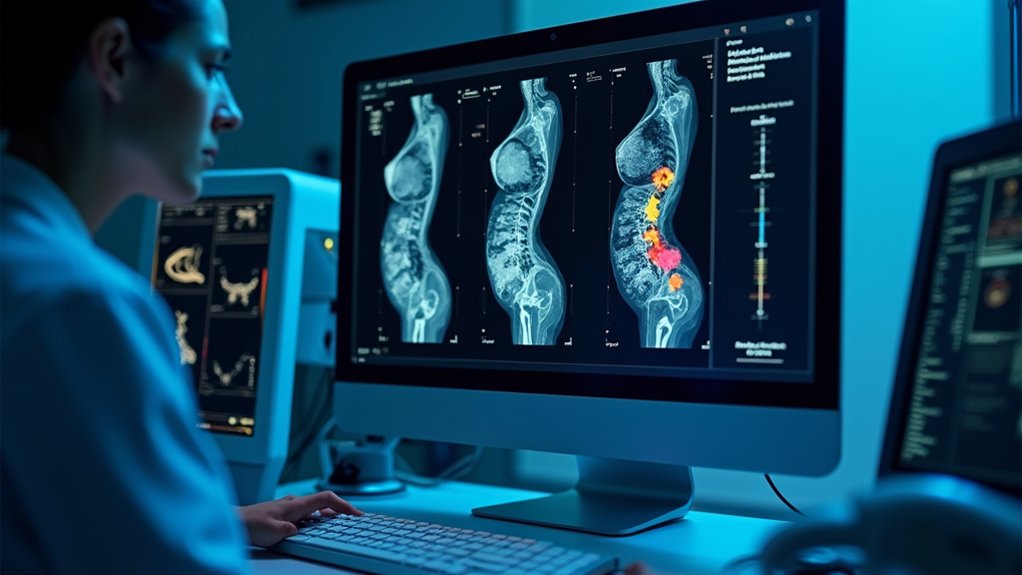The Army plunges straight into medical checks for recruits, ensuring they’re fit for duty and free from contagious diseases that could spark an outbreak in the barracks. It’s all about weeding out risks early. Recruits must meet strict standards, like being free of conditions that demand too much time off or could lead to unfitness. Think about it: the military needs soldiers who can handle training and adapt to any environment, no geographical excuses allowed.
Oh, and if you’re hiding a medical history? That’ll just cause delays or a flat-out rejection. Talk about shooting yourself in the foot.
At the Military Entrance Processing Station, or MEPS, the whole shebang takes one to two days, complete with lodging and meals. It kicks off with a medical questionnaire probing your past and current health. Before undergoing the physical examination, recruits are required to take the ASVAB test, which assesses their knowledge and potential for military roles. Recruiters push for documentation on any known issues, because surprises are no fun here.
At MEPS, it’s a one- to two-day deal with lodging and meals, kicking off with a health history quiz—recruiters hate surprises!
Then comes the physical exam—height, weight, vision, and hearing checks. Blood and urine tests roll in, along with drug and alcohol screens. For female recruits, a pregnancy test is mandatory. It’s thorough, alright, like the Army’s version of a full-body interrogation.
Don’t think it’s just weighing you like cattle. They delve into muscle and joint maneuvers, testing balance with hops, squats, and toe stands. A finger prick might check cardiovascular risks, while spirometry or ECGs pop up for certain jobs, especially aviation.
Leg length and sitting height? Yep, they measure that too. But here’s the blunt truth: conditions like uncontrolled diabetes or severe scoliosis can disqualify you. Contagious diseases? Forget it; they’re a hard no. Even fixable vision or hearing problems might nix your chances.
Documentation is key—bring your Social Security card, birth certificate, and driver’s license. Got a past condition? Waivers might save the day, but only with all the medical reports in hand. After the medical evaluations, recruits will sign contract and take the Oath of Enlistment to officially join.
And remember, that MEPS physical lasts two years. Lately, the Army’s rolling out a new Fitness Test in June, ditching the standing power throw and introducing gender-neutral benchmarks. It’s still tweaking the scoring, evaluating recruits on physical, mental, and moral fronts. Change is coming, and it’s not always smooth. Soldiers in combat roles? They’re in for a ride. Just like how modern military operations increasingly rely on AI predictive maintenance to ensure equipment reliability and reduce costly downtime during critical missions.




